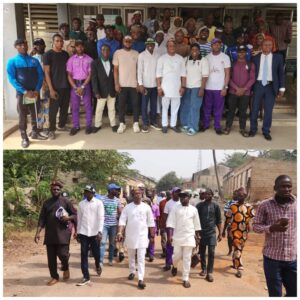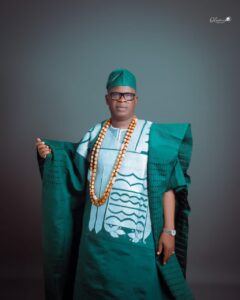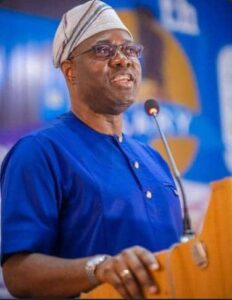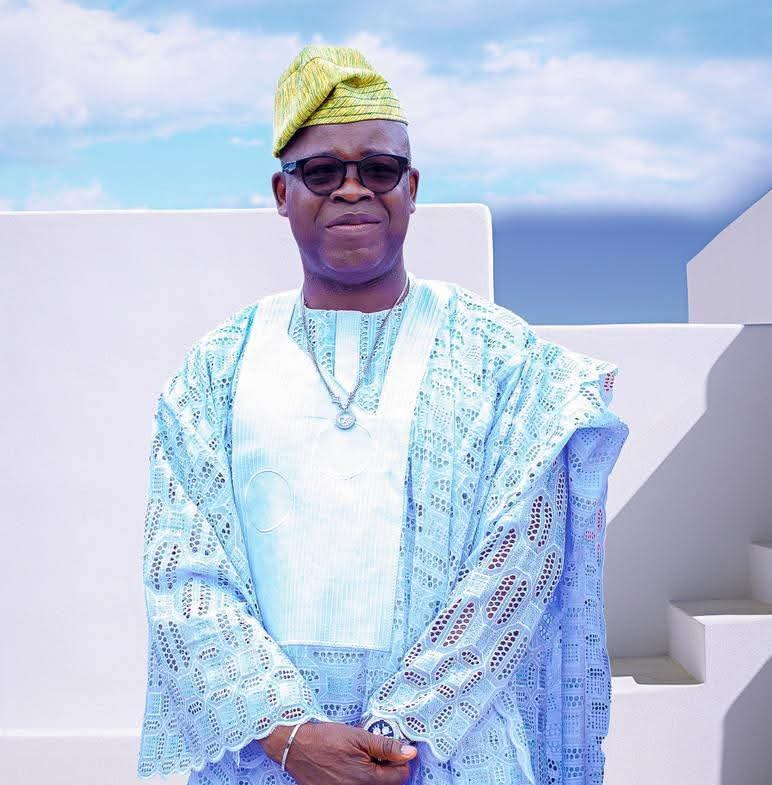
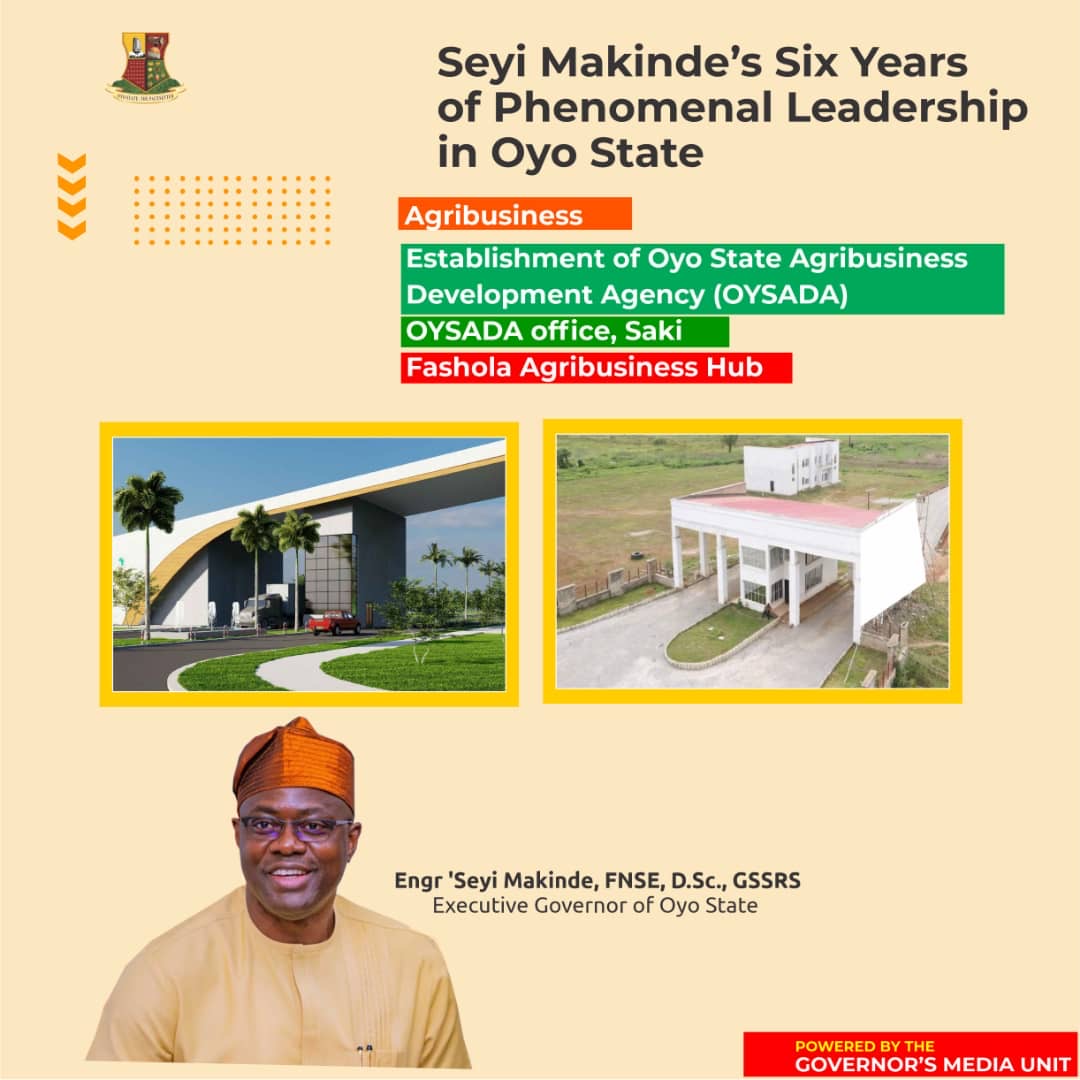



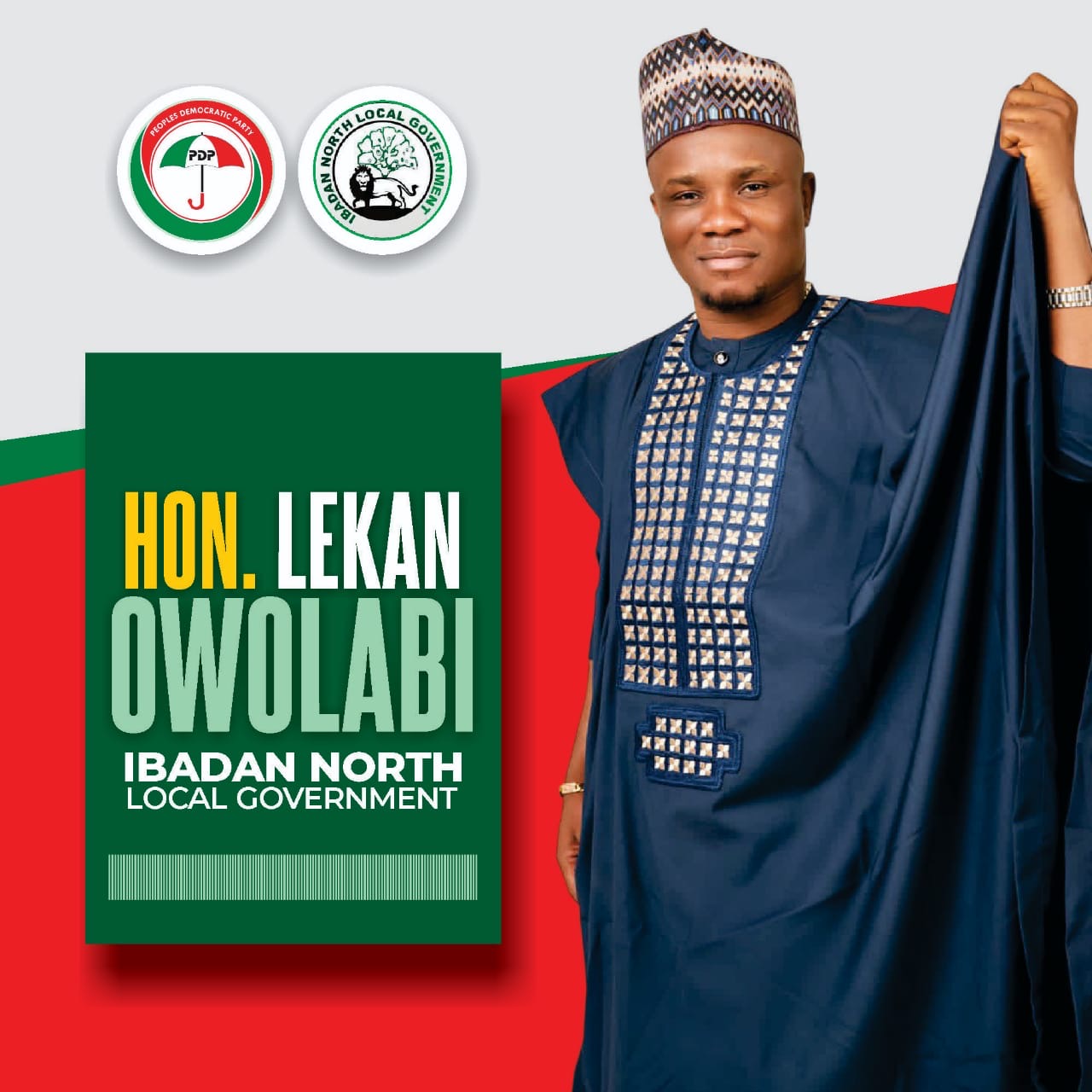
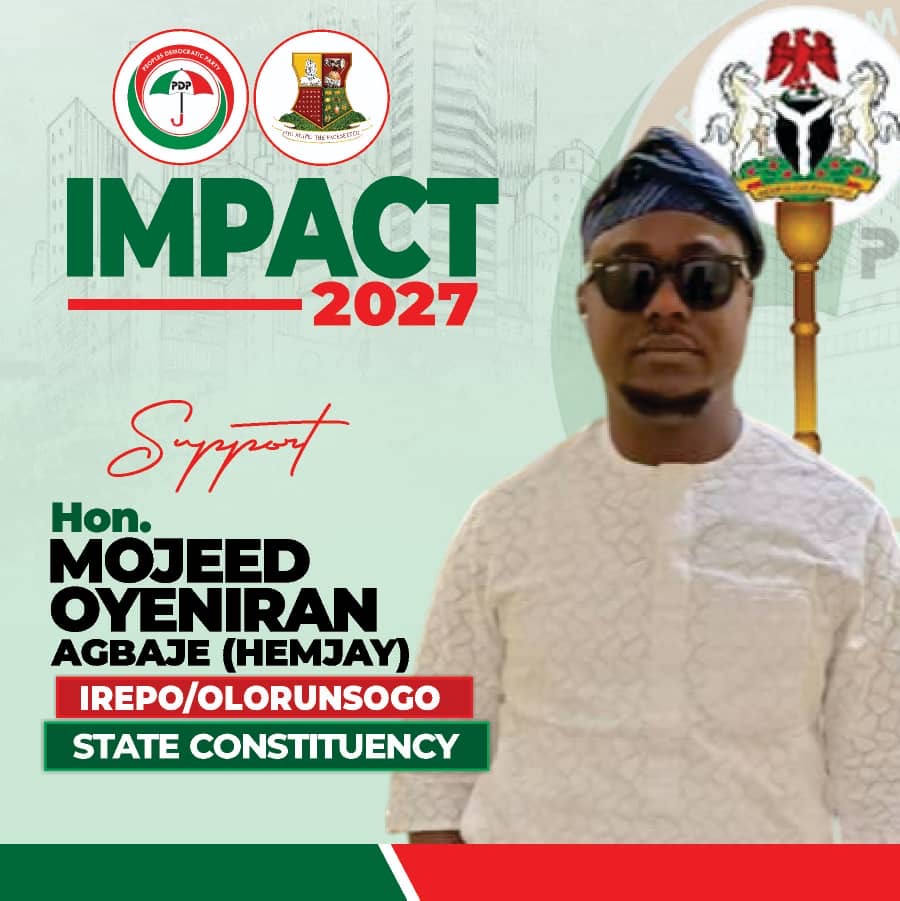
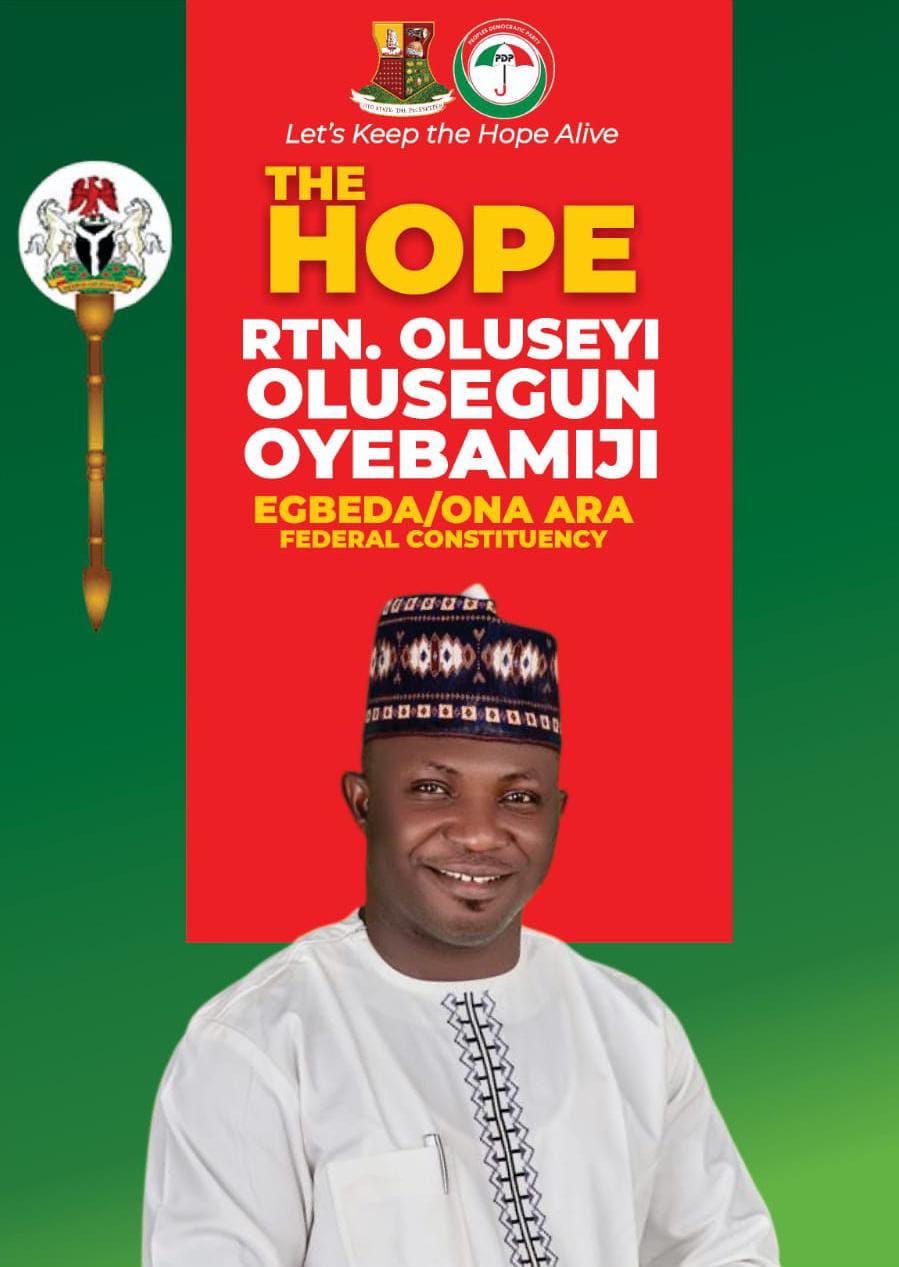

“It is the greatest of all mistakes to do nothing because you can only do a little. Do what you can.” – Sydney Smith
There are societies where progress is announced with banners, cameras, and speeches.




And then there are those where change unfolds quietly, in the rhythm of human effort and the persistence of good intention.
The latter often leave no immediate fanfare, yet their impact endures far longer, written not in headlines but in lives transformed.
Every generation produces its share of dreamers, those who believe in the slow, deliberate power of building.
They understand that real development is not conjured by decree but cultivated through example. It begins when one person decides that service, not success, will define their contribution.
Across Nigeria, this ethos is beginning to gain ground, as private citizens fill the voids left by weakened institutions.
They build schools where there were none, revive neglected sports, sponsor young innovators, and bring water to communities the state has forgotten.
Their reward is not applause but the quiet knowledge that someone’s tomorrow will be easier because of their today.
Such acts, though small in isolation, weave together a larger story of renewal. They remind us that sustainable progress lies not in the grandeur of ambition but in the consistency of care.
It is a philosophy that measures worth not by wealth or position but by how many others are lifted in the process.
This belief in service as legacy is where Chief Jubril Dotun Sanusi’s story finds resonance. His life’s work, from business to philanthropy, embodies the principle that development begins with responsibility.
Through Ilaji Hotels and Sports Resort, he has reimagined what it means for private enterprise to serve the public good, creating a space where commerce, community, and culture coexist seamlessly.
What began as a hospitality project has grown into an ecosystem of opportunity. Farmers find steady markets, artisans rediscover purpose, and young people step into futures once beyond reach.
It is a living example of how one man’s vision can become a shared prosperity.
Beyond its economic contribution, Ilaji has emerged as a sanctuary for youth empowerment and sports development, its facilities ranking among the finest in the country.
Here, potential meets possibility, and talent finds structure. For many young athletes, the resort is where their first steps towards greatness begin.
Sanusi’s latest initiative, the Ilaji Movement and Running School, further deepens this vision. By opening his facilities to pupils across Oyo State, he has redefined the relationship between private vision and public value.
The project, lauded by the National Association of Proprietors of Private Schools, is more than an investment in sport, it is a lesson in balance, teaching that education must nurture both intellect and character.
But Sanusi’s philosophy extends well beyond infrastructure. His quiet philanthropy, funding medical aid, scholarships, boreholes, and small-scale enterprises, reveals a man who sees giving not as charity but as civic obligation.
He believes, and teaches others, that kindness multiplies when it is shared.
As the Jagun of Ibadanland and Asiwaju of Ona-Ara, he wields influence without arrogance, treating his titles as avenues for collective uplift. His support for festivals, cultural institutions, and heritage preservation keeps local pride alive even amid modernisation’s sweep.
In every gesture, he affirms that progress and tradition can, and must, coexist.
In a time when society often equates prominence with value, Chief Sanusi’s quiet revolution offers a counterpoint. His is not the story of wealth seeking prestige, but of purpose finding expression through service. He builds not for headlines but for history.
Perhaps this is the truest test of leadership, whether the structures we create can outlast us, whether the lives we touch can carry forward what we began.
And as we reflect on the silent influence of men like Sanusi, we must ask ourselves: in our own corners of the world, what are we building that will endure?
Fatai Adebola writes from Oje-Owode, Saki East



